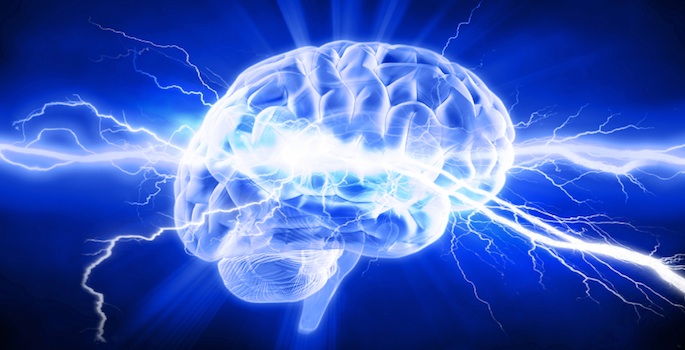Neurolaw
-

Neuroscientists can measure criminal intent – at least in the moment
Intent to commit a crime is a crucial factor in determining prison sentences. A new neuro study suggests it is possible to measure subtle variations in intent while a crime is being committed. Read MoreMar 13, 2017
-

How your brain decides blame and punishment—and how it can be changed
New work by researchers at Vanderbilt University and Harvard University confirms that a specific area of the brain, the dorsolateral prefrontal cortex, is crucial to punishment decisions. Read MoreSep 16, 2015
-

Landmark book ‘Law and Neuroscience’ released
The new book 'Law and Neuroscience' is the definitive reference book on the use of neuroscientific evidence in courtrooms. Read MoreSep 5, 2014
-

Crime and punishment: the neurobiological roots of modern justice
Neuroscientists from Vanderbilt and Harvard have proposed the first neurobiological model for third-party punishment, outlining potential cognitive and brain processes that evolutionary pressures could have re-purposed to make this behavior possible. Read MoreApr 18, 2012